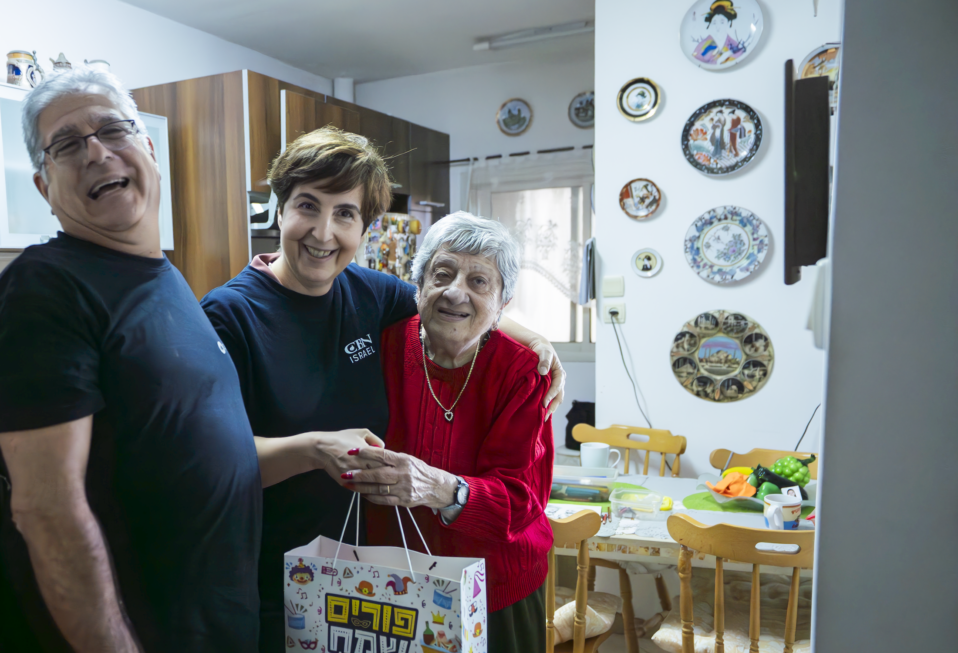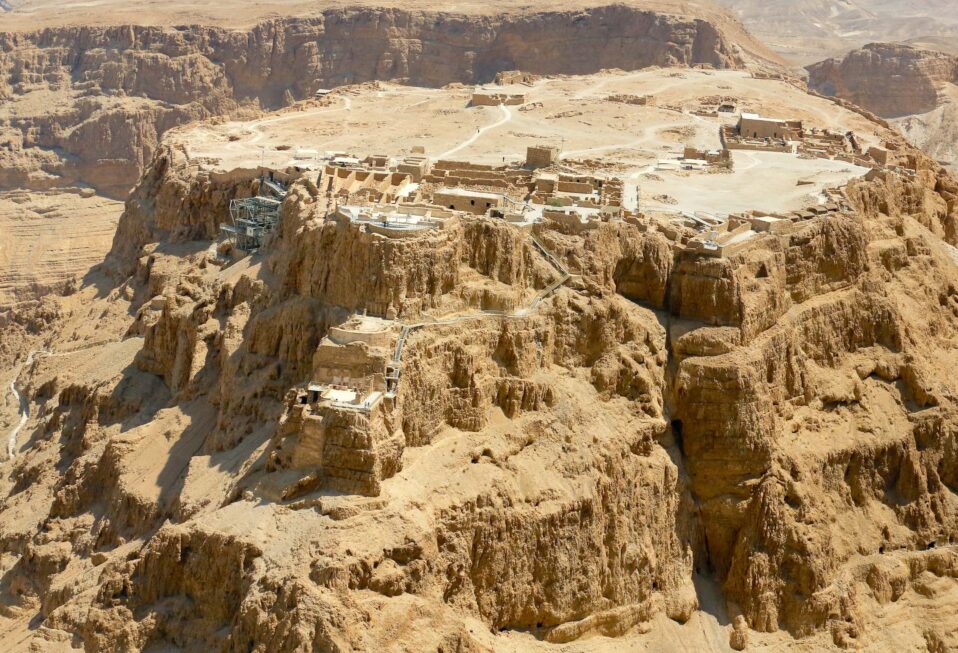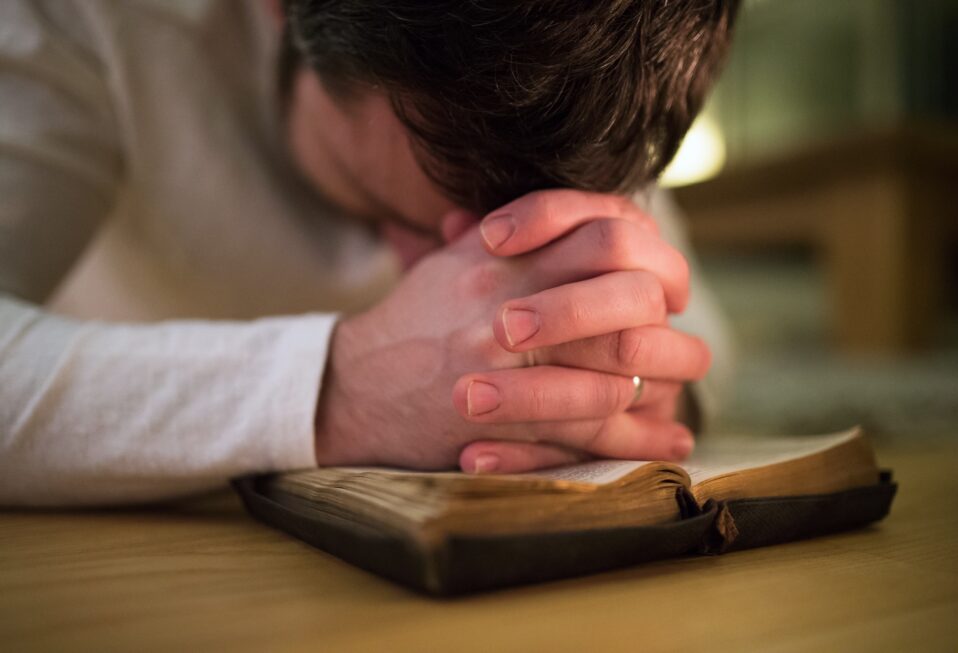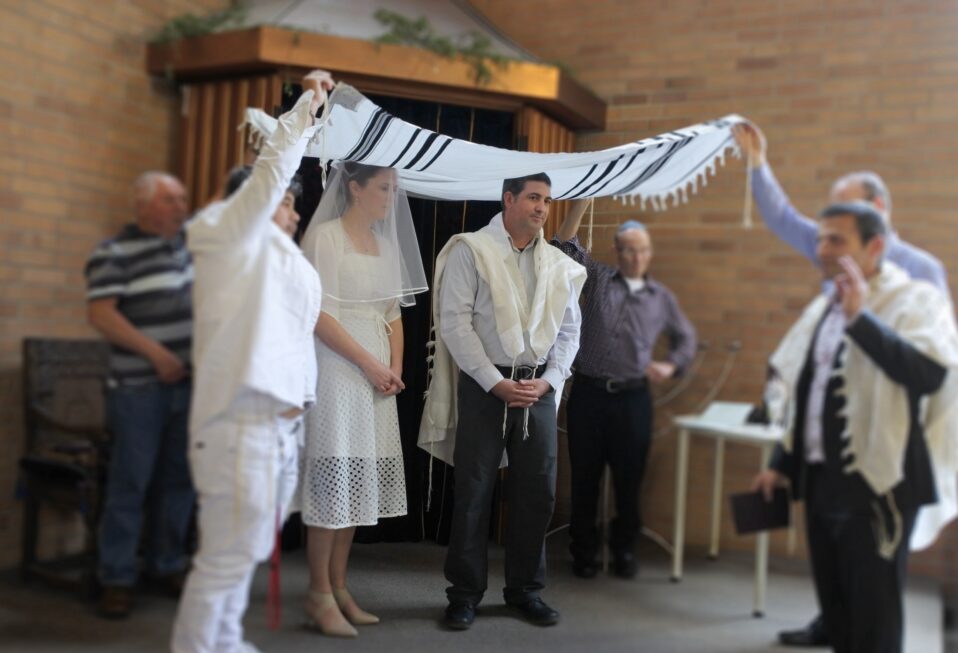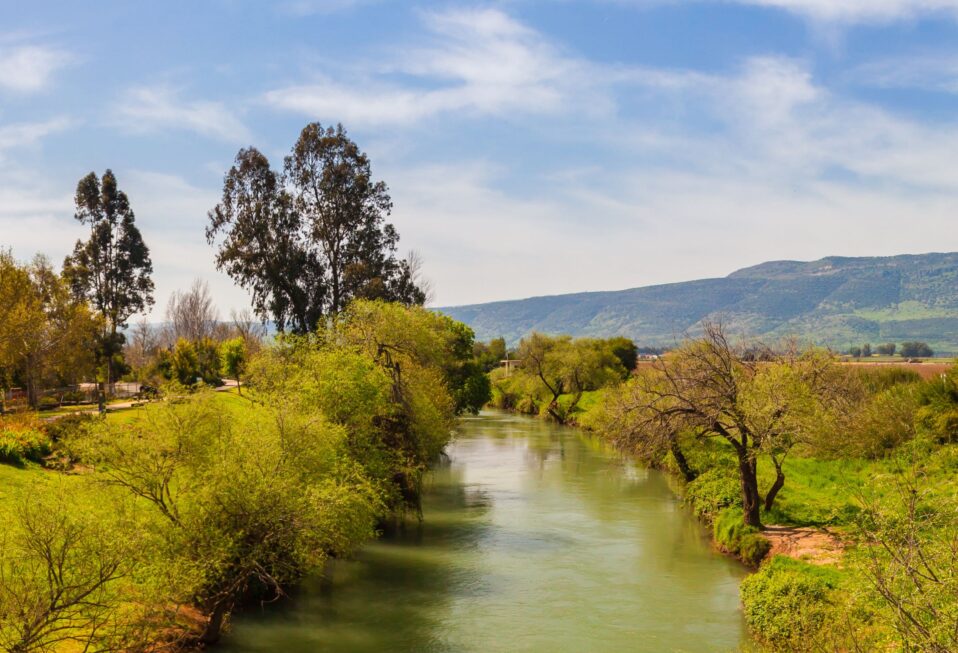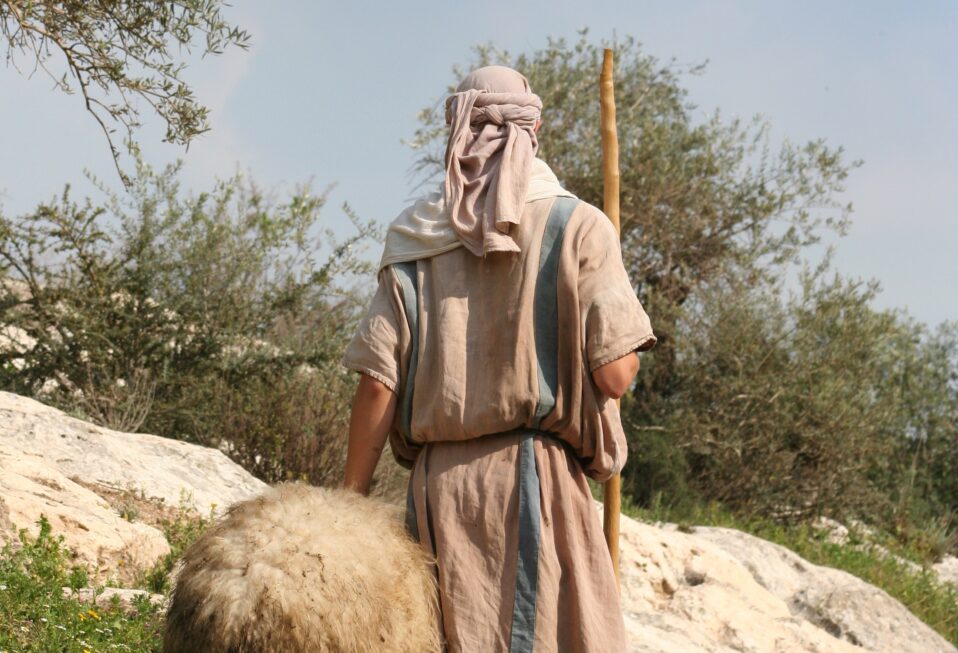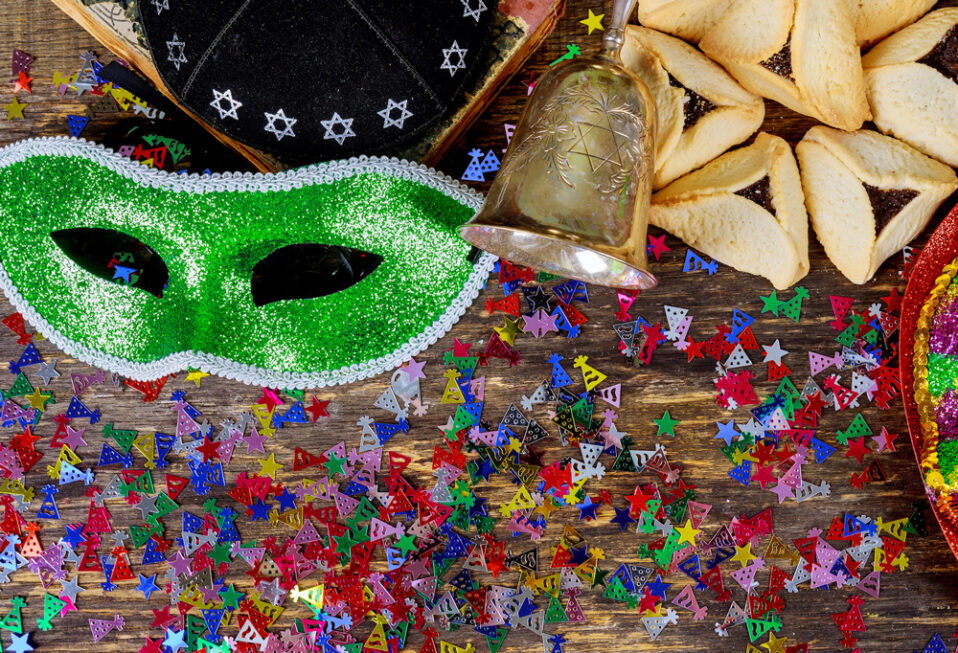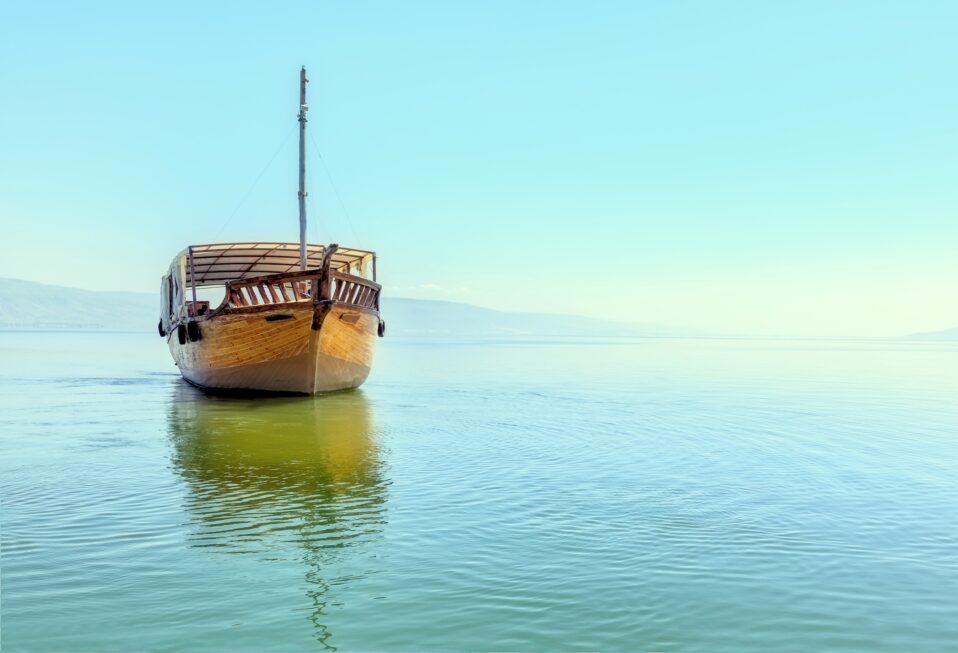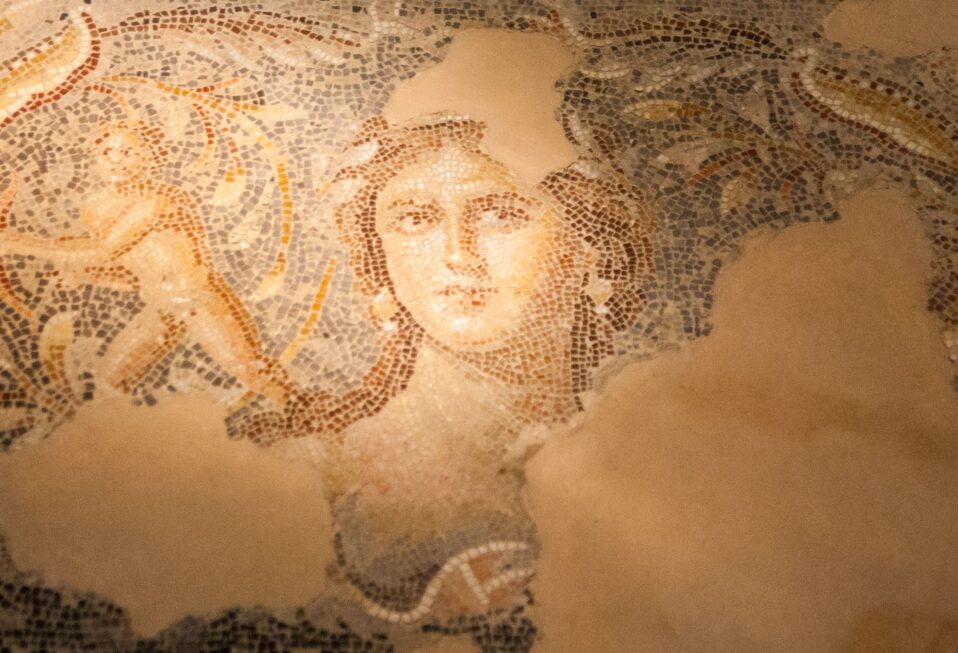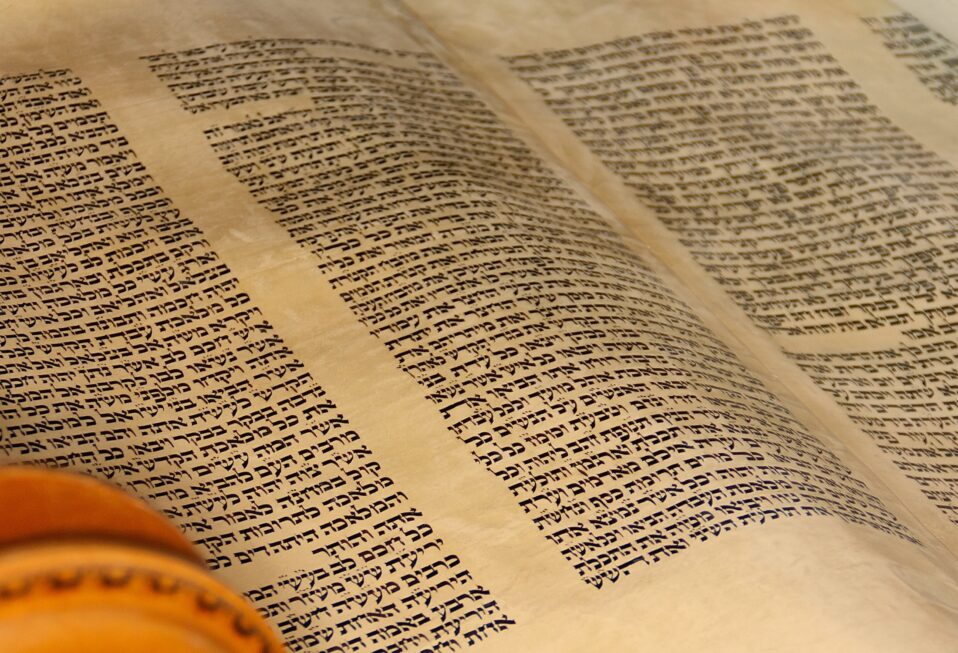By Arlene Bridges Samuels
Ever since the onset of Israel’s defensive war—530 days ago—love has beautifully interrupted the fighting with weddings taking place on and off the battlefield. Evil cannot stop love, marriages, or the births of Jewish children.
While the Islamic Regime and its proxies are shouting “death to Jews,” Israel is focused on love and life! During wartime, with hundreds of thousands of men and women serving in the IDF, Jewish couples are rearranging their wedding dates to suit the changed circumstances. IDF army bases and other locations are now chosen as substitute wedding venues. Here are some examples.
In northern Israel, at a kibbutz near an IDF base, one groom’s unit planned the entire event by arranging for flowers, catering, a wedding cake, and a traditional chuppah, or Jewish wedding canopy. When his future wife voiced concern about missile attacks, the groom told her, “If something happens, we’ll go into a bomb shelter, and then hopefully come back and finish the wedding. We can’t let ourselves be overwhelmed by what-if scenarios.” A famous Israeli singer showed up at the wedding and sang for the assembled group at no charge. Such things are becoming commonplace.
After October 7, 2023, a reservist called up for duty decided to get married right away. The bride and groom were dressed in their IDF uniforms and surrounded by excited soldiers. The radiant bride sported a beautiful wedding veil.
After he saw an IDF wedding photo, former Prime Minister Naftali Bennett observed, “Lately I find myself more and more urging young couples … to get married and have kids. I have already set up 4–5 weddings for injured people, or bereaved family members.” He described victory as not just “hell … on the battlefield” but with optimism: “building a new generation, with faith, and with growth from the horrible pain.”
Many weddings had already been planned for October 2023, following the Jewish fall festivals. After the horrors of October 7, each couple decided to either delay or proceed with inventive new plans. A quote from the Talmud reflects part of traditional Jewish culture: “If a funeral procession and a wedding procession meet at an intersection, the wedding procession goes first.”
Weddings frequently go viral on social media. Celebrated on those platforms, the joyful events bless Israel’s national family, which has been so traumatized by brutality, and boost their wedding joy, whether people know the happy couple or not. The re-planned, spontaneous, or scaled-down celebrations are often financed and supported by the local communities.
One couple had planned for their wedding to be held in a lovely venue on October 9, 2023, and they invited 400 guests. After October 7, the bride and groom opted for a much smaller wedding in a community garden across the street from their parents’ apartment. Social media began to fill with excitement and offers to help amid Hamas rockets falling. Bomb shelters could be accessed nearby. A klezmer music group showed up ready to play. Friends and strangers brought food and set up the necessary chuppah, where the bride and groom stood as if under a prayer shawl. Neighbors watched from their balconies as a rabbi pronounced beautiful prayers. Here’s one of my favorites:
“Blessed are you, Adonai, our God, Ruler of the universe, Who created joy and gladness, loving couples, mirth, glad song, pleasure, delight, love, loving communities, peace, and companionship.”
At the ceremony’s end, the groom stomped on a glass, part of Jewish weddings that recall Jewish tragedies for thousands of years. Joyous music and dancing followed.
The next day, in the paradox of Israel’s joys and sorrows, these newlyweds flew to London for a shiva, a time of mourning. Hamas had murdered a 20-year-old friend of theirs, a lone soldier. When the newlyweds shared news about their wedding with the lone soldier’s mother, the bereaved woman experienced a moment of joy. Important to note about lone soldiers programs: Friends of the IDF (FIDF) currently offers 7,000 young men and women help while serving in the IDF. Lone soldiers have no immediate family in Israel. Half of the lone soldiers volunteer from abroad, while others are Israeli orphans or are from broken homes.
Another couple moved forward with plans for an elegant wedding in May 2024. They kept their location in Jerusalem, complete with décor and food. However, they made their day one of beautiful remembrances, with Israeli flags flying, gifts for their guests, and prayers for IDF soldiers, hostages, and the state of Israel. As bride and groom stood under the chuppah, a shofar sounded as if going out to battle. Most of the guests had family members who were serving or had served in the IDF.
One couple kept their previous wedding date, October 12, 2023, although family and friends had their flights to Israel canceled. The ceremony was held on a Tel Aviv rooftop with a smaller number of guests. One of the hosts suggested taking the overage of delicious food to an army base. Everyone loved the idea! The bride commented, “We just wanted to have one day where there was happiness. We wanted to show the world that we have a love for each other in these dark times.” She is glad they made the decision.
But the more they afflicted them, the more they multiplied and the more they spread (Exodus 1:12).
It’s hardly surprising that an Israeli baby boom is well underway, with a 10 percent rise in births over the same period a year earlier. Some compare this jump to the U.S. post-World War II baby boom (1946–1964). In Israel, thousands more babies were born between September and November 2024, much higher than predicted. Israel’s Central Bureau of Statistics shows that the trend is continuing into 2025. Maternity wards are overflowing.
This information came out in a report requested by Knesset member Pnina Tamano-Shata, chair of the Committee on the Status of Women. “Despite the unimaginable hardship of the past year, we see how the people of Israel choose to grow from grief,” she observed. “The rise in births is proof of our inner strength and our ability to create new life even in the most difficult times.” One statistic indicates that in 2023, 172,500 births were recorded compared to 181,000 in 2024.
Couples have decided to have their first child or another child even in the difficulties of war. “It gave us some light and sanity in a dark time,” one mother explained. “After October 7 took so many lives from us, bringing a life into the world felt like the right thing to do.”
We welcome you to our CBN Israel team to pray from Psalm 127:3, “Children are a heritage from the LORD, offspring a reward from Him.”
Prayer Points:
- Pray with thanks for the beautiful Jewish babies born in their ancestral homeland.
- Pray for mothers at home caring for children whose fathers are IDF soldiers.
- Pray for Israeli children, that their parents in the IDF will return home safely.
- Pray for Hamas to finally release remaining hostages, whether alive or dead.
Arlene Bridges Samuels is the weekly feature columnist for CBN Israel since 2020. Working on the staff of the American Israel Public Affairs Committee (AIPAC) as their SE Regional Outreach Director for nine years, International Christian Embassy Jerusalem USA engaged her as the Leadership Outreach Director part-time for their project American Christian Leaders for Israel. Arlene is an author at The Blogs-Times of Israel, is published at AllIsrael.com and The Jerusalem Connection, and has traveled to Israel since 1990. By invitation, she attends Israel’s Government Press Office Christian Media Summits as part of Christian media worldwide. In 2024, Arlene and her husband Paul co-authored Mental Health Meltdown: Illuminating the Voices of Bipolar and Other Mental Illnesses. www.TheMentalHealthMeltdown.com.


